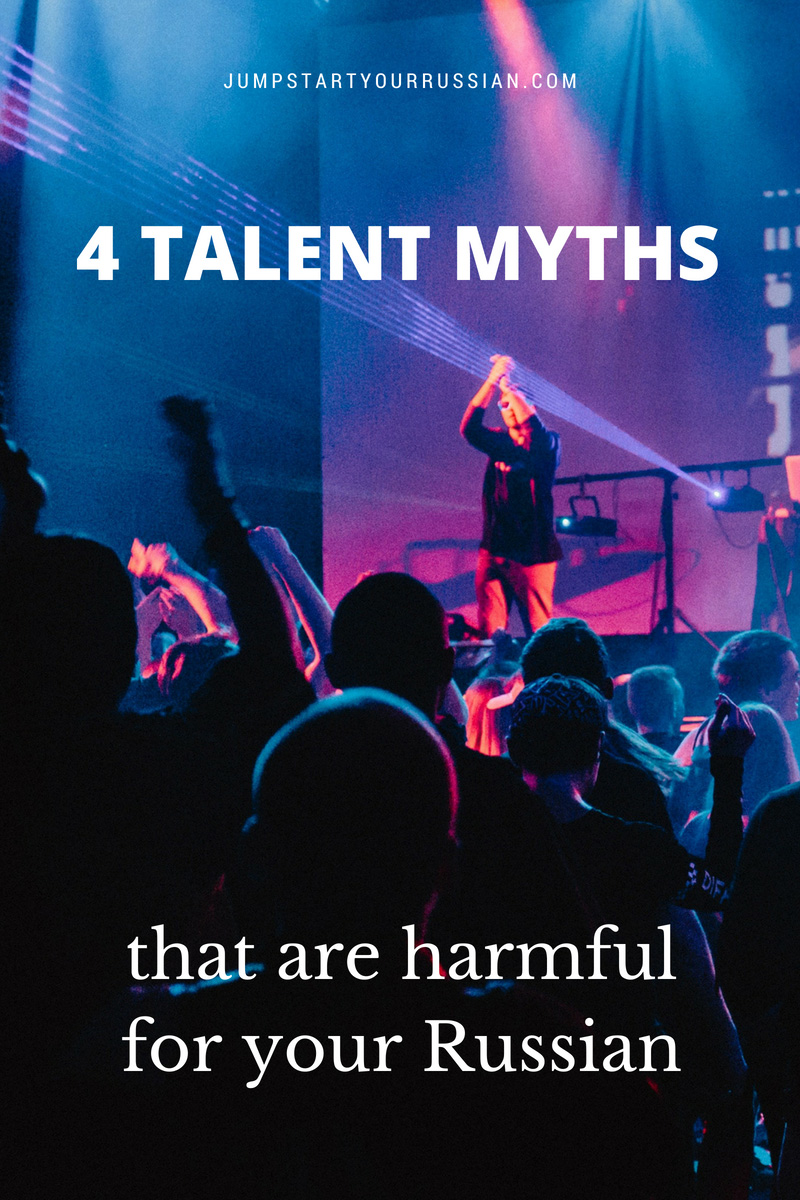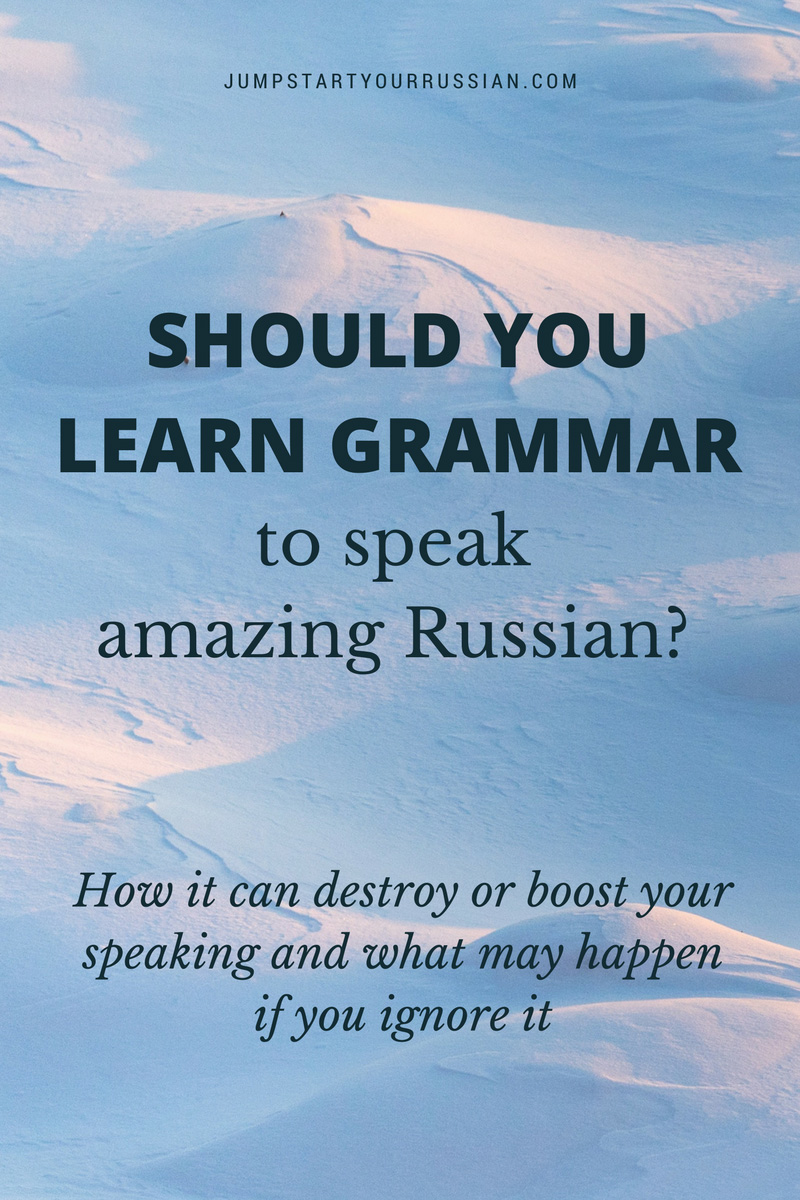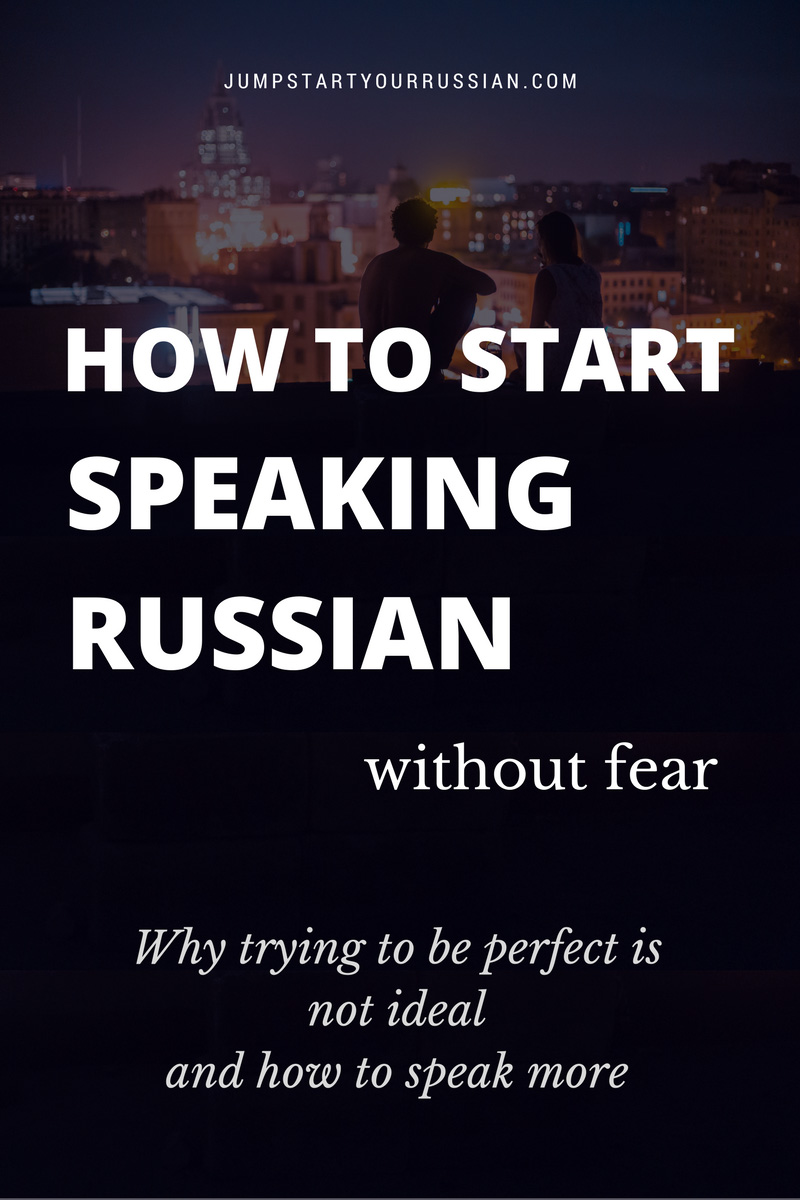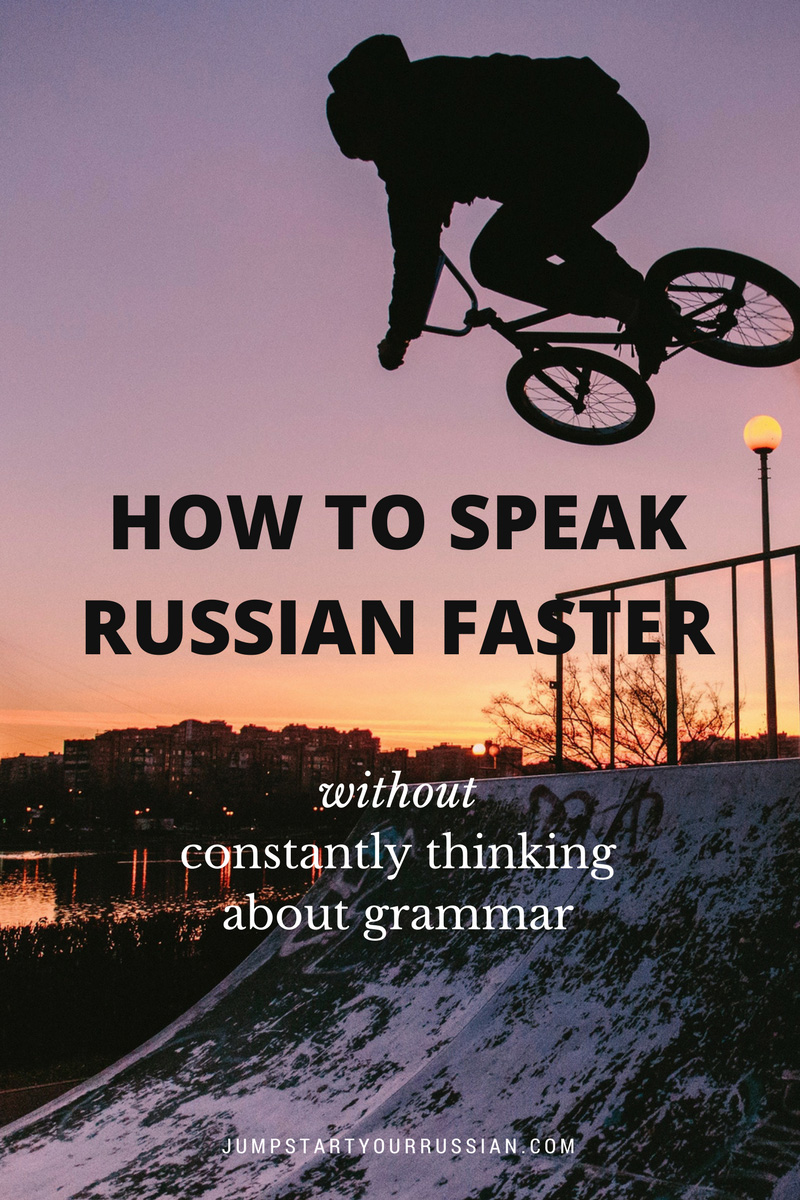3+ BENEFITS OF KNOWING THAT “МЕНЯ ЗОВУТ” IS NOT “MY NAME”
Well, of course, it is. But not literally.
If you look up “name” and “my” in the dictionary, you’ll get “имя” and “мой”. So, you can translate “My name is Anastasia” as “Моё имя Анастасия”. It is technically right… except that we never use this phrase in spoken language.
We use “Меня зовут Анастасия”, which means something slightly different.
So, why care about the literal meaning of “меня зовут”? After all, you can just memorize this phrase and start using it! It’s enough to get by.
Of course, you can.
But if you know the pattern and can decode it, you get additional benefits over someone who just memorized the phrase from his CD. You’ll be at least 3 steps ahead.
Let’s see what you can get if you dig deeper! Continue reading









